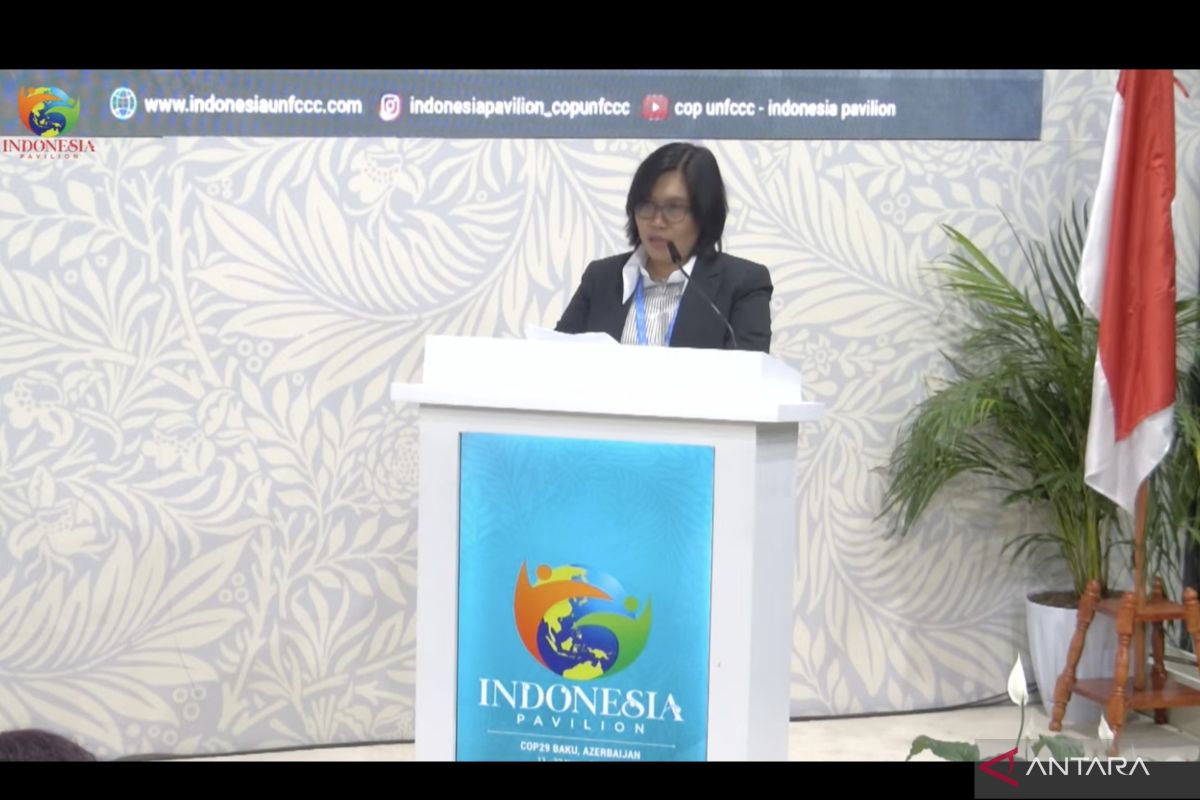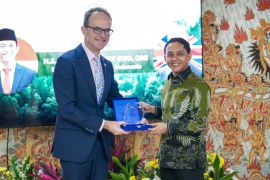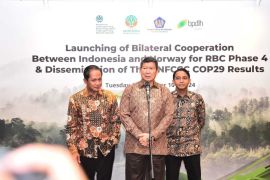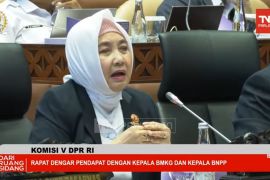Jakarta (ANTARA) - The Indonesian government has analyzed the impact of climate change on vulnerable groups, including children, and encouraged considering them in climate policies.During a discussion at the Indonesia Pavilion at the UN Climate Change Conference (COP29) in Azerbaijan, which was followed online on Monday, Environment Minister's expert staff, Novia Widyaningtyas, said that Indonesia has launched the Analysis of Climate Landscape for Children in Indonesia.
This step has been taken to identify the impact of climate change on children.
"Children living in underdeveloped areas are more vulnerable to the impacts of climate change. Children are dependent on adults. The socioeconomic conditions of adults will affect the development of children in the future," she said.
To this end, she informed, Indonesia is encouraging increasing the resilience of children, especially those from families with weak socioeconomic conditions who are more vulnerable to climate change.
The impact of climate change is primarily in terms of meeting the needs of nutritious food, clean water, and sanitation. Therefore, government policies must consider these aspects in dealing with the impact of climate change on children.
Baca juga: BNPT to focus on protecting children from terrorism
In the Analysis of Climate Landscape for Children in Indonesia, several recommendations have been put forward, such as advocacy and awareness of mainstreaming children's rights in policies and programs.
They further include coordination and collaboration of climate risk management efforts across policies and programs, and management of knowledge and evidence related to the relationship between climate and child welfare for better programs.
Baca juga: Hundreds of children, parents campaign for "Climate Care, Dengue Free"
There are also recommendations to bolster the system; strengthen resilience against climate risks; provide platforms that allow the involvement of youths in climate, environment, and energy actions; as well as bolster data collection and early warning systems.
"Children and youths must be considered as important stakeholders contributing to the success of Indonesia's climate action in the future," she said.










